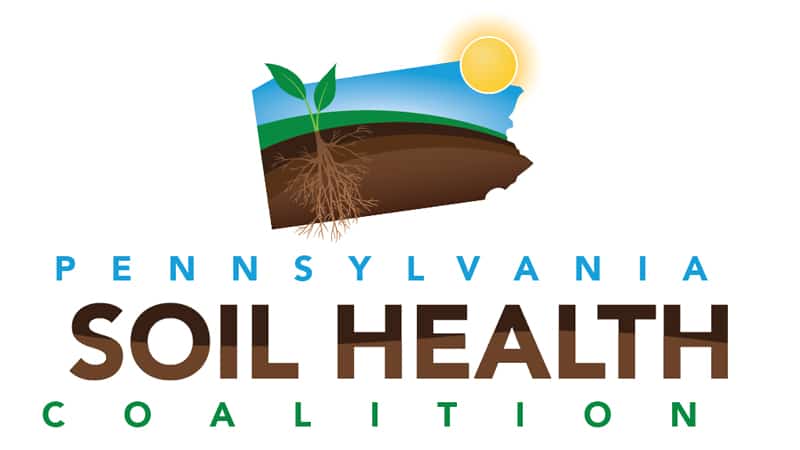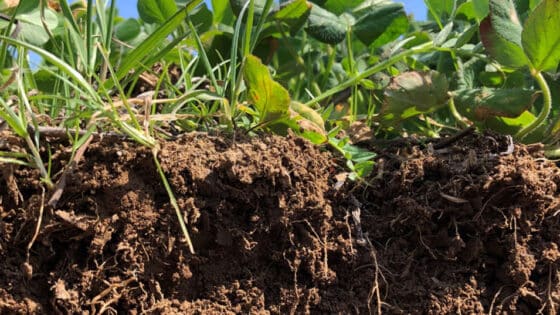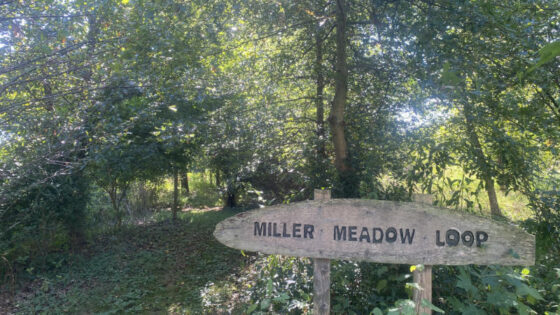
Pennsylvania — already a national leader in the soil health movement — took a giant leap forward by forming the Pennsylvania Soil Health Coalition. “We have so many people and organizations in our state doing wonderful work to advance soil health. This coalition provides an opportunity for better collaboration of our efforts,” said Lisa Blazure, soil health coordinator and project lead for Stroud Water Research Center. The coalition includes sixteen founding organizations ranging from non-governmental organizations, educational institutions, and government agencies.
“Pennsylvania NRCS has long recognized that working with partners is the key to delivering successful soil and water conservation to our farmers. The Pennsylvania Soil Health Coalition will help to strengthen our existing partnerships, build new ones, and facilitate communication and coordination, with the goal of building soil health across the state,” according to Denise Coleman, state conservationist with the Natural Resources Conservation Service.
The coalition is supported by the National Fish and Wildlife Foundation’s Chesapeake Bay Stewardship Fund which receives funding from the U.S. Environmental Protection Agency, NRCS, and Altria. The fund promotes community-based efforts to develop conservation strategies to protect and restore the diverse natural resources of the Chesapeake Bay. The coalition strives to increase the adoption of soil health practices to meet both water quality and farm production goals. “Healthy soils are a win for the farmers, a win for the environment, and a win for society, with the ability to grow healthy foods in a more sustainable way,” said Blazure.
The coalition will focus on farmer support, educational events, and research projects. It will advance the understanding of the critical role that improving soil health has for a sustainable farm operation and also in meeting environmental goals, including the sequestration of atmospheric carbon, which is crucial to climate change mitigation.
The efforts of these partner organizations have propelled Pennsylvania as a national leader in the adoption of no-till planting and cover crops — two key practices for building soil health. According to the 2017 Census of Agriculture, the state is sixth in the nation for no-till planting (at 67%) and third in the nation for the percentage of commodity acres planted with covers (37.2%). But there is still opportunity for additional growth.
“The Soil Health Coalition is a great initiative to put our minds, passions, expertise, and resources together so we can make a major impact on soil health in our state. When we work together, major change is possible. I look forward to seeing what will be accomplished and what we will learn about the widespread benefits of improved soil health,” says Sjoerd Duiker, soil management specialist with Penn State University.
For more information including contacts for our member organizations, please visit the Pennsylvania Soil Health Coalition website at pasoilhealth.org or contact Lisa Blazure at lblazure@stroudcenter.org.
###
About Stroud Water Research Center
Stroud Water Research Center advances knowledge and stewardship of freshwater systems through global research, education, and watershed restoration and to help businesses, landowners, policymakers, and individuals make informed decisions that affect water quality and availability around the world. Stroud Water Research Center is an independent, 501(c)(3) not-for-profit organization.



